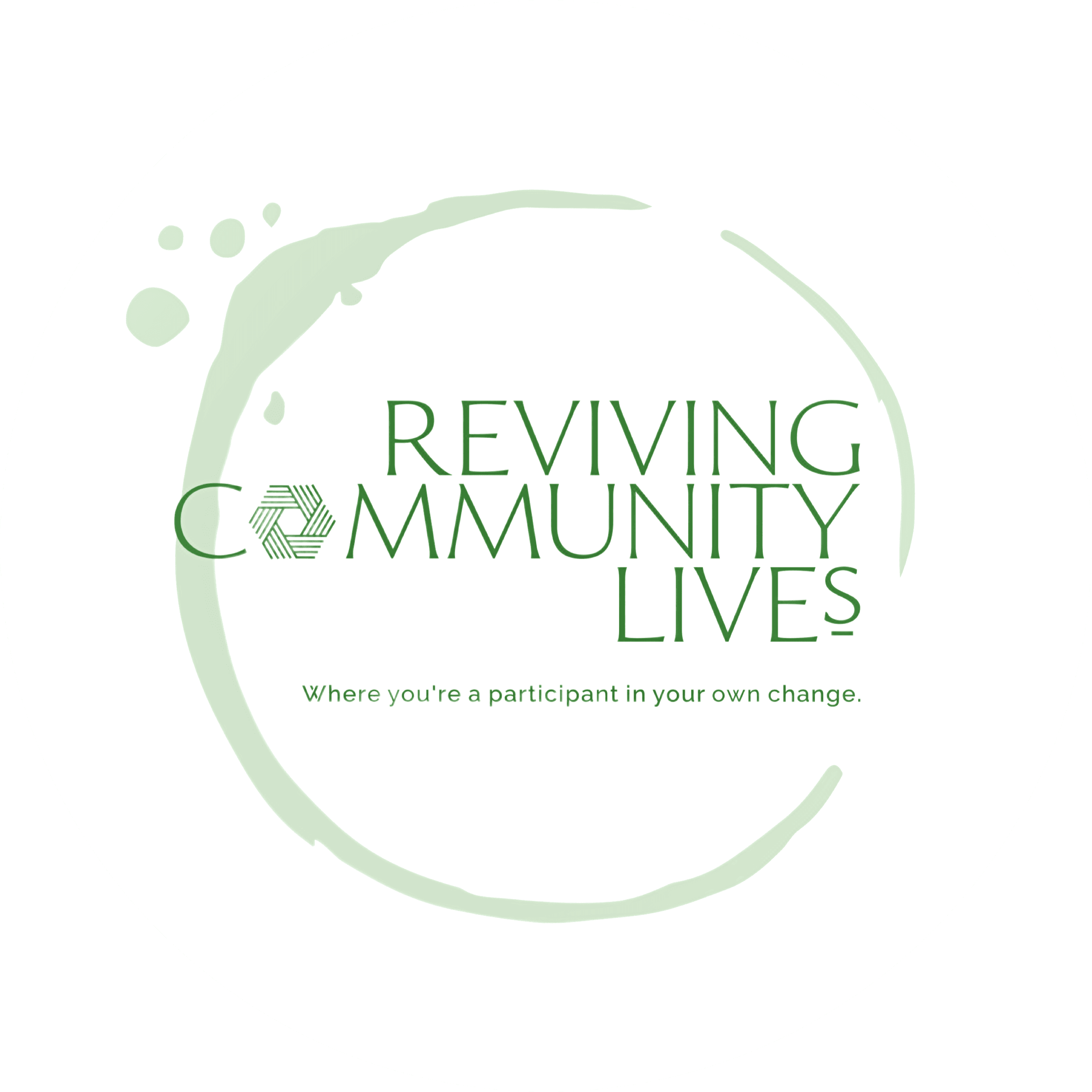The Importance of Crisis Intervention Services in Underserved Communities

Posted on March 24th, 2023
Underserved communities often face unique challenges when it comes to accessing resources and services. One critical area where this is especially true is crisis intervention. Whether it's due to socioeconomic factors, systemic barriers, or other challenges, individuals and families in underserved communities may struggle to get the support they need during times of crisis. That's where crisis intervention services come in. In this blog post, we'll explore why crisis intervention is so important in underserved communities and how it can make a real difference in people's lives.
What is Crisis Intervention?
Crisis intervention is a form of immediate, short-term support provided to individuals and families in times of crisis. These crises can take many different forms, from natural disasters and accidents to mental health crises and interpersonal violence. The goal of crisis intervention is to help people stabilize their situation and develop a plan for moving forward. This can involve providing emotional support, connecting individuals with resources and services, and helping them develop coping strategies.
In underserved communities, crisis intervention services are especially critical. These communities may be more likely to experience crises due to a lack of resources, environmental factors, or other challenges. For example, individuals experiencing homelessness may be at a higher risk of experiencing a mental health crisis or being a victim of violence. Without crisis intervention services, these individuals may have nowhere to turn for help.
The Impact of Crisis Intervention in Underserved Communities
When crisis intervention services are available in underserved communities, they can have a significant impact. For example, crisis intervention services can:
- Save lives: In some cases, crisis intervention can mean the difference between life and death. For example, if someone is experiencing suicidal ideation, crisis intervention services can help them get the support they need to stay safe.
- Reduce the risk of long-term harm: Without crisis intervention, individuals may struggle to cope with the aftermath of a crisis. This can lead to long-term physical, emotional, and mental health issues. By providing support and resources during a crisis, crisis intervention services can help reduce the risk of long-term harm.
- Improve outcomes: When individuals receive crisis intervention services, they may be more likely to recover and move forward in a positive way. This can improve outcomes for individuals and communities alike.
Barriers to Accessing Crisis Intervention Services in Underserved Communities
While crisis intervention services can have a significant impact in underserved communities, accessing these services can be a challenge. There are several barriers that may prevent individuals and families from accessing crisis intervention services, including:
- Lack of awareness: Individuals may not be aware that crisis intervention services exist or how to access them.
- Stigma: There may be a stigma attached to seeking help for a crisis, especially in certain communities or cultures.
- Lack of resources: Underserved communities may not have the same level of resources and services available as more affluent areas.
- Systemic barriers: Institutional or systemic barriers, such as discrimination or racism, may make it harder for certain individuals or communities to access crisis intervention services.
The Role of Community Support in Crisis Intervention
Crisis intervention is a complex and challenging field that requires the support of the entire community. When individuals and families face a crisis, they often turn to their local community for help. As a non-profit organization, we understand the importance of community support in providing effective crisis intervention services.
Our approach involves working closely with community leaders and organizations to identify and address the unique needs of each community. We believe that community support is essential in building a strong network of resources and services to help those in crisis.
At Reviving Community Lives Foundation Inc., we strive to empower individuals and families to take an active role in their own recovery process. We work with local organizations and volunteers to provide a range of services, including counseling, support groups, and educational resources. Through these initiatives, we aim to create a sense of community and belonging for those who are struggling with crisis.
Conclusion
In conclusion, crisis intervention services play a crucial role in supporting individuals and families in their time of need. At Reviving Community Lives Foundation Inc., we are committed to providing high-quality crisis intervention services to underserved communities in Los Angeles.
Our approach involves treating community members as participants rather than problems to solve, and we are passionate about bridging the gap and making a positive change by providing access to education, resources, and tools to underprivileged communities.
If you or someone you know is facing a crisis, please don't hesitate to reach out to us at (818) 284-7547 or email us at [email protected]. Our team of trained professionals is here to provide support and guidance through these difficult times.
Contact
Get in Touch
Our team of experts is committed to helping underserved communities access education, resources, and tools. Please fill out the form below to get in touch with us, and we will get back to you as soon as possible.
